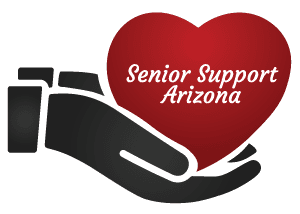- LGBTQ+
- Respite/Caregiver Support
- Senior Resources and Support
The National Resource Center on LGBTQ+ Aging is the country's first and only technical assistance resource center focused on improving the quality of services and supports offered to lesbian, gay, bisexual and/or transgender older adults, their families and caregivers.
Counties Served
- Apache
- Cochise
- Coconino
- Gila
- Graham
- Greenlee
- La Paz
- Maricopa
- Mohave
- Navajo
- Pima
- Pinal
- Santa Cruz
- Yavapai
- Yuma


